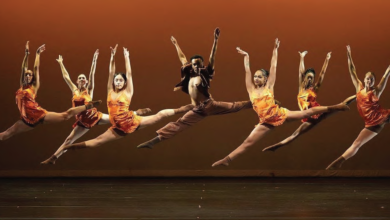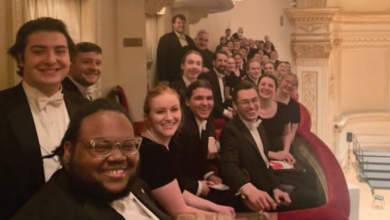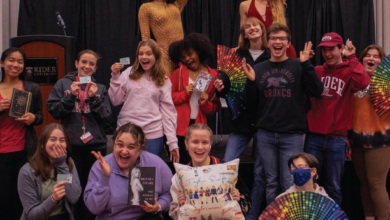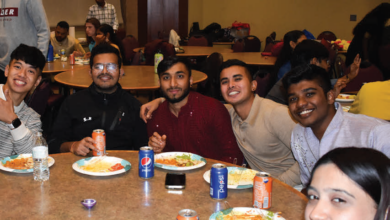
Students virtually discuss and learn about the recent election
By Christian McCarville
The 2020 Presidential election was certainly one that people will be talking about for many years to come. While many are used to receiving election results in the later hours of Election Day, this year Americans were kept on the edge of their seats for days with uncertainty.
Social media was bustling with election news, discussion, uncertainty and the occasional joke made at the expense of Nevada. Throughout the past week, the election was a very hot topic for discussion, as many had predicted.
A string of virtual discussion-based events were planned, providing Rider students with the opportunities to express their feelings and gain insight about the recent election. These discussion spaces were open to any Rider student that had felt inclined to participate.
Beginning Nov. 4 from 8 a.m. to 10 p.m. was the All-Day Drop-In: Post-Election Chat hosted by the Center for Diversity and Inclusion and the Student Navigation Office. This virtual discussion space took place directly after Election Day, while several states were continuing to count votes.
Student Navigation Coach Christopher Micali was present for several discussions that took place during the event. He explained his experience throughout the event.
“My role during the event was to serve, firstly, as an empathic listener,” said Micali. “The students who came to the room had very legitimate and personal concerns about what the outcome of this election means to them and their immediate family members. This was not a time for problem-solving or ‘fixing.’ Rather, students came to this room in order to find a compassionate ear to listen to these concerns.”
Micali also explained that a common concern amongst students was how the election would impact themselves and their families. Specifically, students were worried about how the election would affect their families insurance, immigration policies and the handling of the current COVID-19 pandemic.
As students joined the discussion throughout the day, Micali believed that the event relieved many of their fears and anxieties regarding the election.
“The sense I got was that students just wanted to know that they were not alone in their worries and concerns,” said Micali. “They wanted to feel like they could share their feelings in a safe space, free from judgment or pressure. I do feel that the students served left with a little less to try to process.”
Following this event, the Department of Political Science held a post-election teach-in. This event was focused on explaining the events that had transpired since Election Day.
Chair of the Political Science Department Olivia Newman explained why it is important to discuss the election and educate others about the process.
“It is really important to talk about the electoral process so that citizens can have confidence in the integrity of our elections,” said Newman. “Voter fraud is extremely rare and there is no reason to believe that this year’s election has been compromised in any way. Counting all of the votes takes time, and even more so this year because of the large number of mail-in and absentee ballots.”
Newman went on to explain the issues that were discussed within the teach-in.
“The teach-in gave students and members of the community the opportunity to discuss a range of issues,” said Newman. “This included why polls overestimated the ‘blue wave’ we would see in 2020, how support for Trump affected down-ballot legislative candidates, how results in New Jersey compare to the rest of the country and how political polarization is affecting politics and government. The questions from the audience were really great, too, and led to a fantastic conversation about the future of our democracy.”
While it is so important for Americans to exercise their right to vote, it is also essential for people to be educated on the process of the election. With many accusations and disputes being made regarding the election, it is more important than ever for the American people to understand the electoral procedures that decide the future of their country.



